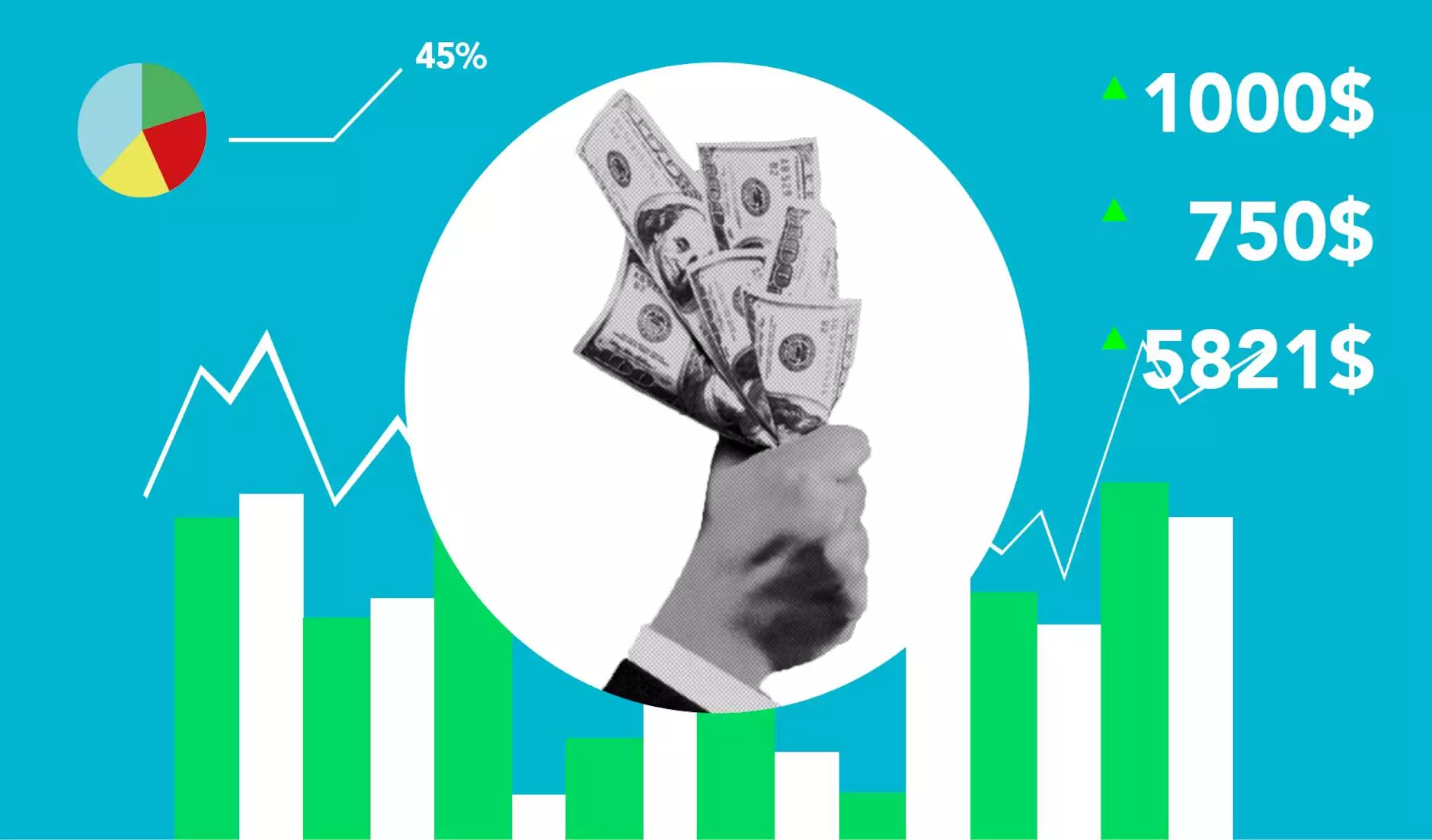Understanding Ibogaine Cost: A Comprehensive Guide

Ibogaine has gained recognition as a powerful alternative treatment for addiction and various mental health disorders. However, many individuals are curious about the ibogaine cost and what factors influence it. This article will delve into the intricacies of ibogaine therapy, breaking down its costs, potential benefits, and considerations necessary for informed decisions.
What is Ibogaine?
Ibogaine is a naturally occurring psychoactive substance found in the root bark of the Tabernanthe iboga shrub, native to Central West Africa. It has traditionally been used in spiritual ceremonies and has recently been embraced for its potential in treating substance use disorders, particularly opioid addiction. Unlike conventional treatments, ibogaine addresses not just the addiction symptoms but also the underlying psychological factors.
The Growing Interest in Ibogaine Therapy
As awareness surrounding addiction and mental health grows, so does the interest in alternative therapies such as ibogaine. Anecdotal evidence and preliminary research suggest that ibogaine can significantly reduce withdrawal symptoms and cravings, providing a unique opportunity for individuals seeking recovery.
Factors Influencing Ibogaine Cost
The ibogaine cost can vary widely based on several factors:
- Location: Facilities in countries where ibogaine is legal may charge significantly different amounts. Centers in Mexico or Costa Rica, for example, may offer different pricing compared to centers in the U.S. or Canada.
- Facility Type: The level of luxury, amenities, and personalized care provided by the treatment center will affect the cost. High-end rehabilitation facilities will generally charge more.
- Duration of Treatment: Treatment programs can vary in length—from intensive three-day treatments to extended programs. Longer programs often come with higher costs due to the additional services provided.
- Additional Services: Many centers offer complementary services such as therapy sessions, nutritional guidance, and aftercare. These extras will contribute to the overall cost.
- Medical Supervision: If a facility provides medical monitoring throughout the treatment, this can add to the overall price. Those with pre-existing medical conditions may require more intensive supervision, thus increasing costs.
Average Cost of Ibogaine Treatment
On average, the ibogaine cost tends to range from $3,000 to $10,000 per treatment. Here’s a breakdown of what this might include:
- Initial Consultation: Many facilities will conduct an assessment to determine if ibogaine is appropriate for the patient, which can cost around $250 to $500.
- Ibogaine Dosing: The substance itself can range from $1,500 to $3,000, depending on the source and purification process.
- Accommodation and Food: Inpatient programs typically include the cost of accommodation and meals, which may range from $1,000 to $4,000.
- Post-Treatment Support: Aftercare programs to help with long-term recovery can add another $500 to $2,000 to the total.
Comparing Ibogaine Treatment Centers
When considering the ibogaine cost, it’s essential to thoroughly research different treatment centers. Here are some aspects to consider during the comparison:
- Reputation: Look for reviews and testimonials from former patients. A facility's reputation can give significant insights into the quality of care.
- Staffing: Ensure that the center employs qualified medical professionals who are experienced in administering ibogaine.
- Certification and Licensing: Verify that the treatment center adheres to the regulations of the country or state in which it operates.
- Outcome Statistics: Inquire about the success rates of the program—centers that are transparent about their statistics are generally more trustworthy.
- Aftercare Plans: A comprehensive aftercare program can be invaluable for long-term recovery. Costs should be outlined upfront.
The Benefits of Ibogaine Therapy
While the ibogaine cost may appear steep initially, many individuals find it to be a worthwhile investment in their health and future. The potential benefits include:
- Rapid Detoxification: Ibogaine can assist in significantly reducing withdrawal symptoms and cravings, allowing for a safer and more comfortable detox experience.
- Psychological Insights: Many users report profound introspective experiences during treatment, leading to greater self-understanding and motivation for change.
- Reduced Relapse Rates: Research shows that ibogaine can help prevent relapse in individuals with opioid and other substance use disorders.
- Support for Co-occurring Conditions: Ibogaine therapy may address underlying issues such as depression or anxiety, potentially improving overall mental health.
Financing Options for Ibogaine Treatment
Given the potential financial burden of ibogaine therapy, many facilities offer various financing options to help patients manage costs:
- Payment Plans: Many treatment centers provide flexible payment plans to spread the cost over several months.
- Insurance Coverage: It is essential to check with your insurance provider to determine if any part of the treatment can be covered.
- Loans and Grants: Some organizations might provide loans or financial assistance to those seeking substance abuse treatment. Research local resources for potential support.
Making the Right Decision
Choosing ibogaine therapy is a significant decision that can have lasting effects on your life. It is crucial to consider all the factors influencing the ibogaine cost and weigh them against the potential benefits. Here are some tips for making an informed choice:
- Consult Healthcare Providers: Speak with medical professionals familiar with ibogaine to ensure that it is a suitable option for your situation.
- Thorough Research: Take the time to research various treatment centers, their staff qualifications, and their success rates.
- Assess Your Financial Situation: Understand the total costs involved and assess your options for covering the expenses.
Conclusion
In summary, understanding the ibogaine cost is a crucial step for anyone considering this alternative treatment for addiction or mental health issues. While the financial commitment may seem daunting, the potential benefits can provide a powerful motivation for change and recovery. By carefully evaluating your options and considering the factors outlined in this article, you can make a well-informed decision that may lead to a transformed life.
For further information and support, visit Muchroomstore.com to explore your options and take the next step towards a healthier future.









